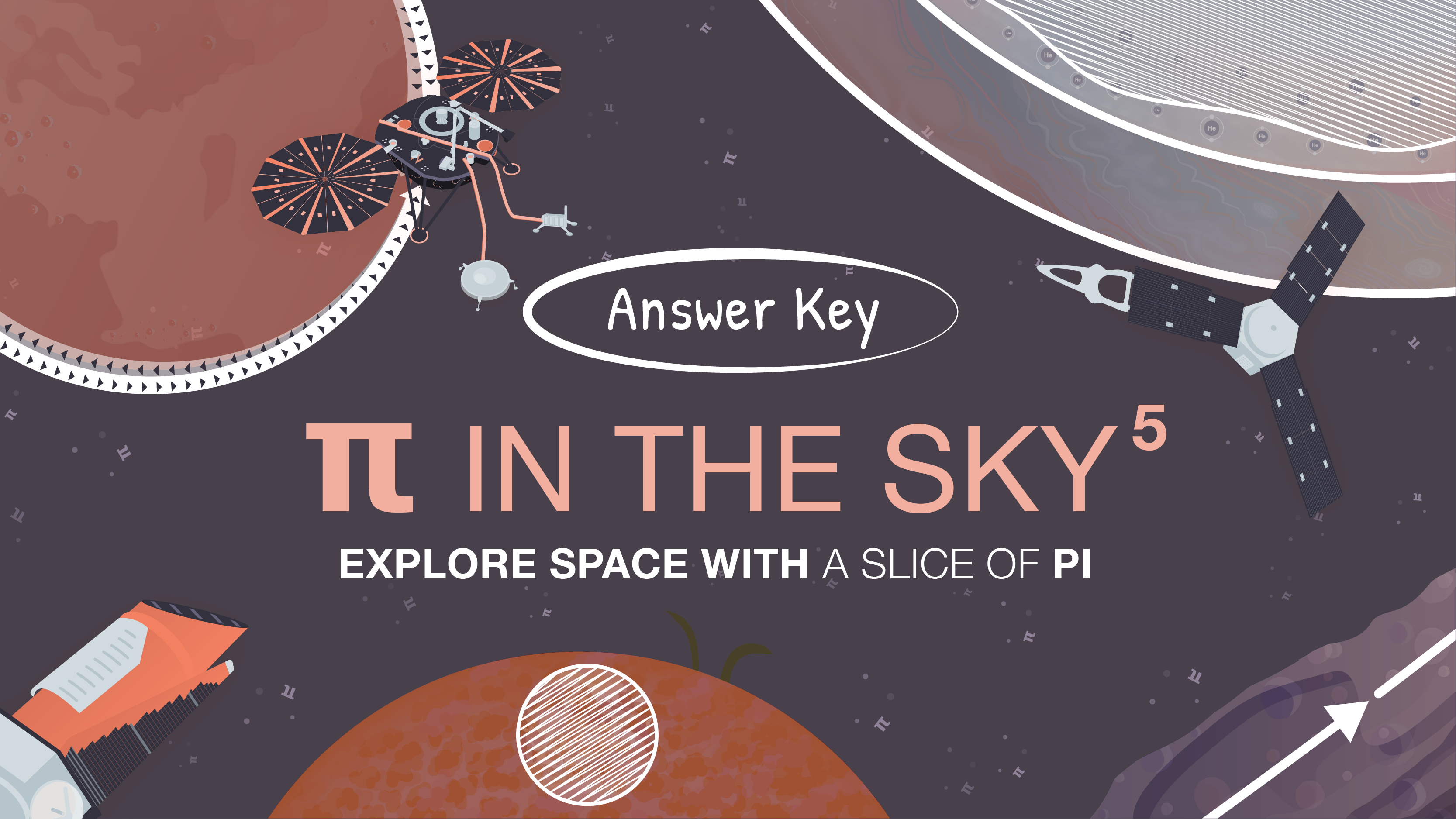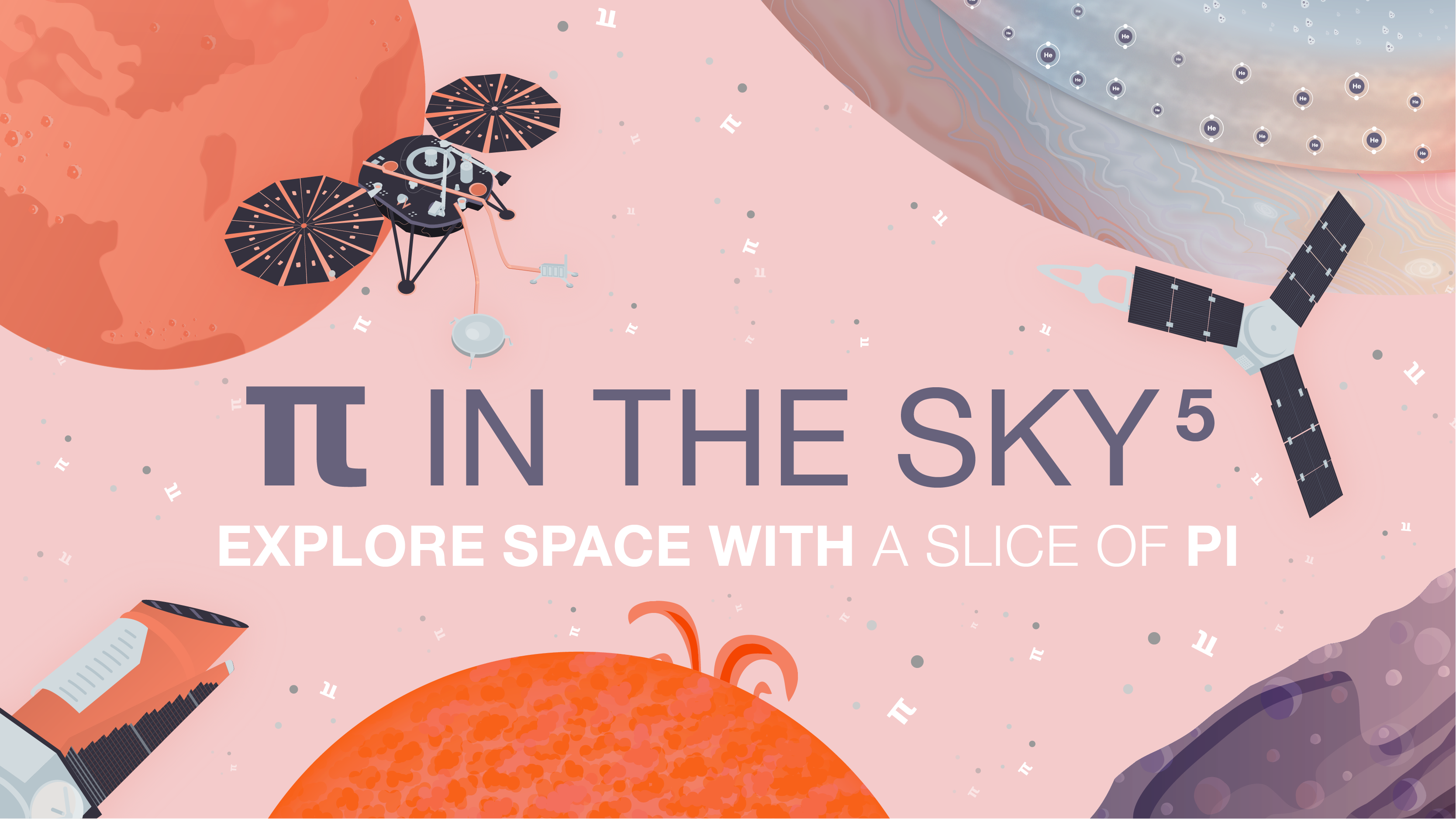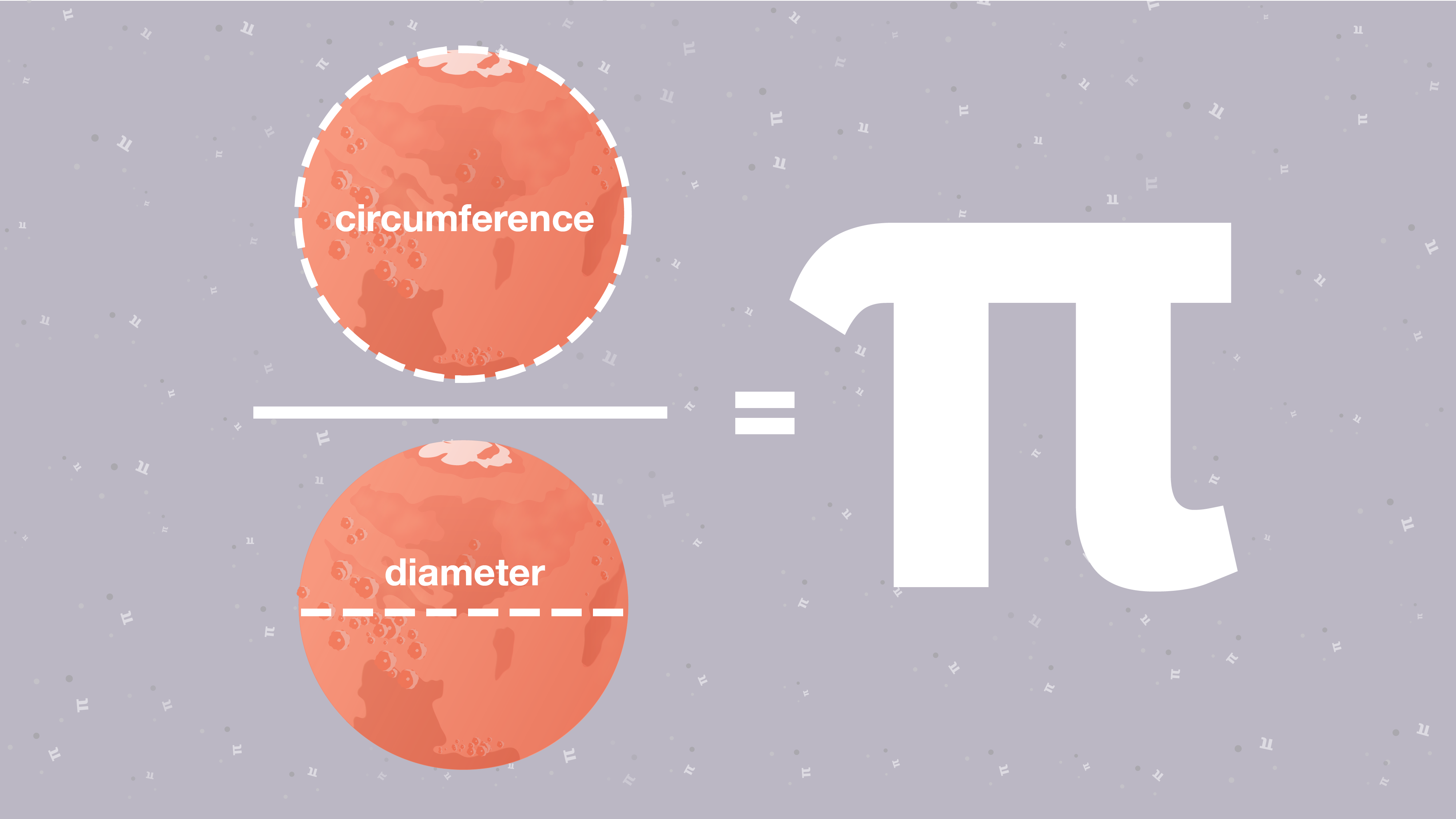 |
| |
The Answers to the 2018 NASA Pi Day Challenge Are Here! Those who took on any of the science puzzlers in our 2018 NASA Pi Day Challenge know that pi can take you far – like, outer space far. Now you can check out the official answer key to see if your pi skills mean you can hang like a NASA space explorer. Check Your Answers Why celebrate pi just one day a year? Check out these pi-related activities and resources that you can do all year long! |
 | Oh, the Places We Go: 18 Ways NASA Uses Pi – Whether it's sending spacecraft to other planets, driving rovers on Mars, finding out what planets are made of or how deep alien oceans are, pi takes us far at NASA. Find out how pi helps us explore space. | |
| |
 | The 'Pi in the Sky' Challenge – Can you use pi to solve these stellar puzzlers faced by NASA scientists and engineers? Check it out – plus, download the free poster! | |
| |
 | Teachable Moment: Pi Goes the Distance at NASA – Learn about Pi Day and how you can join the celebration with NASA by taking part in the agency's annual Pi Day Challenge. Delve into the science behind this year's challenge and explore related resources for educators. It's all in the latest installment of Teachable Moments. | |
 | 'Pi in the Sky' Lesson Collection – Explore an online catalog of lessons from the "Pi in the Sky" series for grades 4-12. Each lesson includes an illustrated poster, handouts and answer key, plus a list of applicable Common Core Math and Next Generation Science Standards. | |
![]()
No comments:
Post a Comment